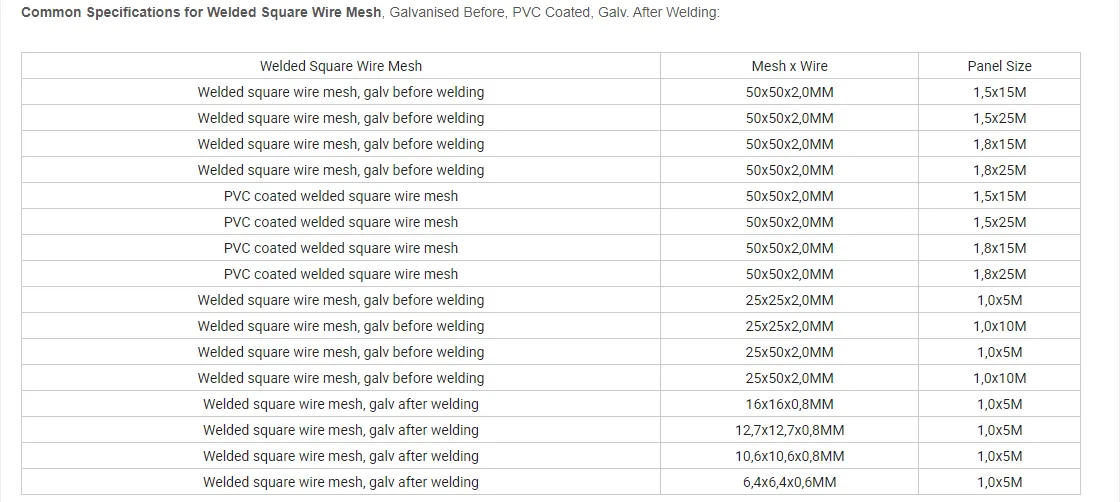The Role of Sound Barriers in Heat Pump Systems
As the demand for energy efficient heating and cooling solutions continues to rise, heat pumps have gained immense popularity due to their ability to transfer heat rather than generate it. However, one of the common concerns associated with heat pump systems is the noise they produce during operation. This noise can be disruptive to both homeowners and neighbors, particularly in densely populated areas. To mitigate this issue, the implementation of sound barriers has become a critical consideration in the design and installation of heat pumps.
Understanding Heat Pump Noise
Heat pumps operate through a refrigeration cycle that involves the compression and expansion of refrigerant, which inevitably generates noise. The sound produced by a heat pump can come from various sources, including the compressor, fans, and vibrations transmitted through the structure. Typically, the noise levels range from 50 to 70 decibels, which can be comparable to the sound of a normal conversation to that of heavy traffic, depending on the model and conditions.
The Importance of Sound Barriers
Sound barriers serve as a practical solution to reduce the noise pollution associated with heat pump systems. These barriers can be made of various materials, including concrete, wood, or specially designed acoustic panels. The primary function of a sound barrier is to obstruct and absorb sound waves, thereby protecting the surrounding environment from excessive noise.
1. Enhancing Comfort For homeowners, noise can significantly impact their quality of life. Sound barriers help create a peaceful living environment, allowing residents to enjoy their spaces without the distraction of constant humming or buzzing from their heat pumps.
2. Compliance with Regulations Many municipalities implement noise ordinances that limit the permissible noise levels for mechanical equipment. Installing sound barriers can help homeowners comply with these regulations, reducing the risk of complaints from neighbors or potential fines.
3. Increased Property Value Properties equipped with efficient heating and cooling systems that minimize noise pollution are often more attractive to buyers. Implementing sound barriers demonstrates a commitment to a comfortable living environment, potentially increasing property value in the competitive real estate market.
heat pump sound barrier

Designing Effective Sound Barriers
When designing sound barriers for heat pump systems, several factors must be considered
- Height and Thickness The barrier must be tall and thick enough to effectively block sound waves. Generally, taller barriers provide better noise reduction.
- Material Selection The choice of materials greatly influences the effectiveness of a sound barrier. Dense materials like concrete or specially-treated acoustic panels can absorb and block sound more efficiently than lighter materials.
- Placement Proper placement of the barrier is crucial. Barriers should be constructed between the noise source and the affected areas, ideally at least a few feet away from the heat pump for optimal performance.
- Design Integration Aesthetic considerations are also important. Sound barriers can be designed to blend seamlessly with the landscape or architecture of the home, ensuring that they do not detract from the property's overall appearance.
Conclusion
As the popularity of heat pumps continues to grow, so too does the need for effective noise mitigation solutions. Sound barriers offer a viable and effective method for reducing the noise generated by these systems, ultimately enhancing comfort, compliance, and property value. By carefully considering the design, materials, and placement of sound barriers, homeowners can significantly improve their living environment while enjoying the benefits of energy-efficient heating and cooling solutions. As we move towards a more sustainable future, the integration of sound barriers in heat pump systems will play a crucial role in maintaining both comfort and peace in residential areas.
-
Why Galvanized Trench Cover Steel Grating Resists Corrosion
NewsJul.10,2025
-
The Versatility and Strength of Stainless Expanded Metal Mesh
NewsJul.10,2025
-
Load Calculations in Steel Grating Platforms
NewsJul.10,2025
-
Keeping Pets and Kids Safe with Chicken Wire Deck Railing
NewsJul.10,2025
-
Hole Diameter and Pitch for Round Perforated Metal Sheets
NewsJul.10,2025
-
Aluminium Diamond Mesh in Modern Architecture
NewsJul.10,2025
Subscribe now!
Stay up to date with the latest on Fry Steeland industry news.

